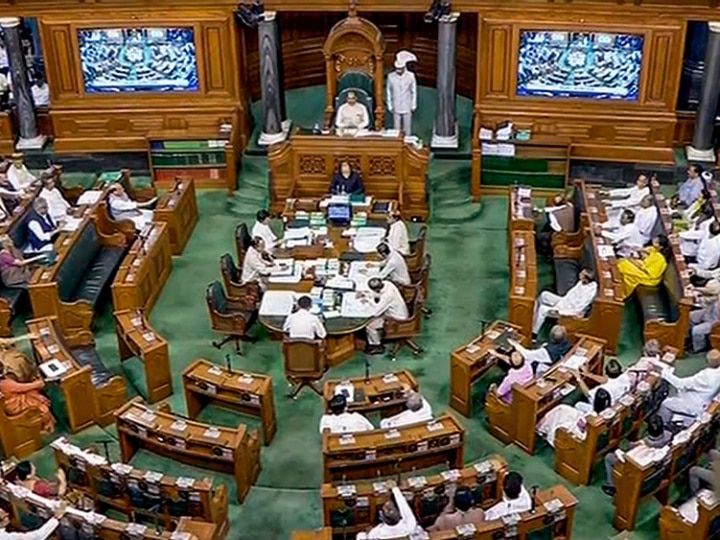After the government withdrew its predecessor, the Personal Data Protection Bill, for being overly compliant, the Digital Personal Data Protection Bill was first introduced in 2022.
The Digital Personal Data Protection (DPDP) Bill was approved by the Lok Sabha on August 7 by voice vote amidst objections, bringing India one step closer to passing its first law defining how private or governmental institutions can use or process citizens’ data.
The bill was introduced in the Lok Sabha by Ashwini Vaishnaw, minister of electronics and information technology. The Rajya Sabha, where the ruling coalition lacks the necessary majority, will now consider the bill.
The opposition has demanded that the bill be submitted to a parliamentary commission for more considerations after voicing objections to the law.
Vaishnaw introduced the measure on August 3 in the lower chamber of Parliament, drawing criticism from the opposition, which said that it infringed the right to privacy of its constituents.
According to Moneycontrol, other opposition MPs also offered changes to the Bill, including decreasing the definition of children from those who are 18 or younger to those who are under 15 years old.
The Centre has established a number of “legitimate causes” under which the public and private sectors may process individual persons’ data without their express agreement. Additionally, it will place limitations on platforms’ use of children’s data.
The measure also requires India to have a Data Protection Board as its data protection authority. According to the bill, the Union government will appoint the board’s chairman and members.
In addition, the law contains clauses that grant the government broad exclusions. According to the proposed law, when “instruments of the state as the central government may notify,” personal data processing will not be subject to its rules.
These could be in situations involving the country’s sovereignty and integrity, security, cordial relations with other nations, upkeep of the public order, or preventing incitement to any cognizable offence connected to any of these.














